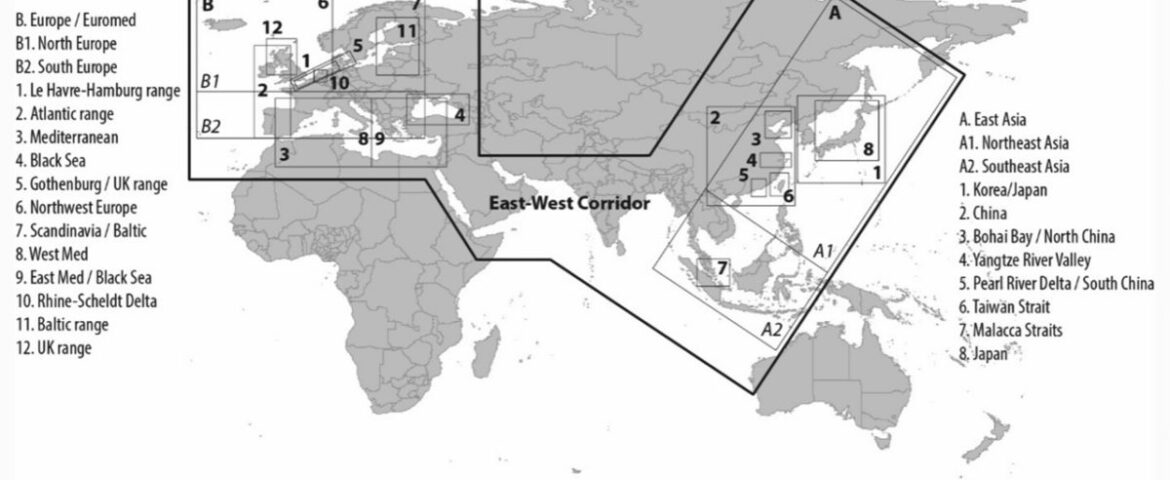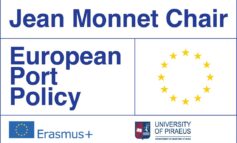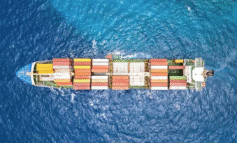A port system is a system of two or more ports, located in proximity within a given area. In literature, various geographical and functional scales have been identified ranging from complete coastlines to the notions of a ‘range’ and a ‘multi-port gateway region’. Not only does the spatial scale create confusion on the true functional delineation of port systems, but it also complicates a clear understanding of the relational mechanisms at stake within these port systems.
The latest port study of PortEconomics member César Ducruet and Theo Notteboom revisits existing approaches to and empirical delineations of port systems. Maritime network analysis techniques are deployed to understand hierarchies and interdependencies among nodes of container port systems and sub-systems in North Europe and Northeast Asia. The results provide additional insights on how ports interact from a maritime services’ perspective and demonstrate whether or not ports which are traditionally considered as belonging to the same port system can in reality be considered forming a fully integrated port system.
Cesar’s and Theo’s study has been published in the scientific journal Geojournal. Access journal’s website and download the study for free for 40 days.












